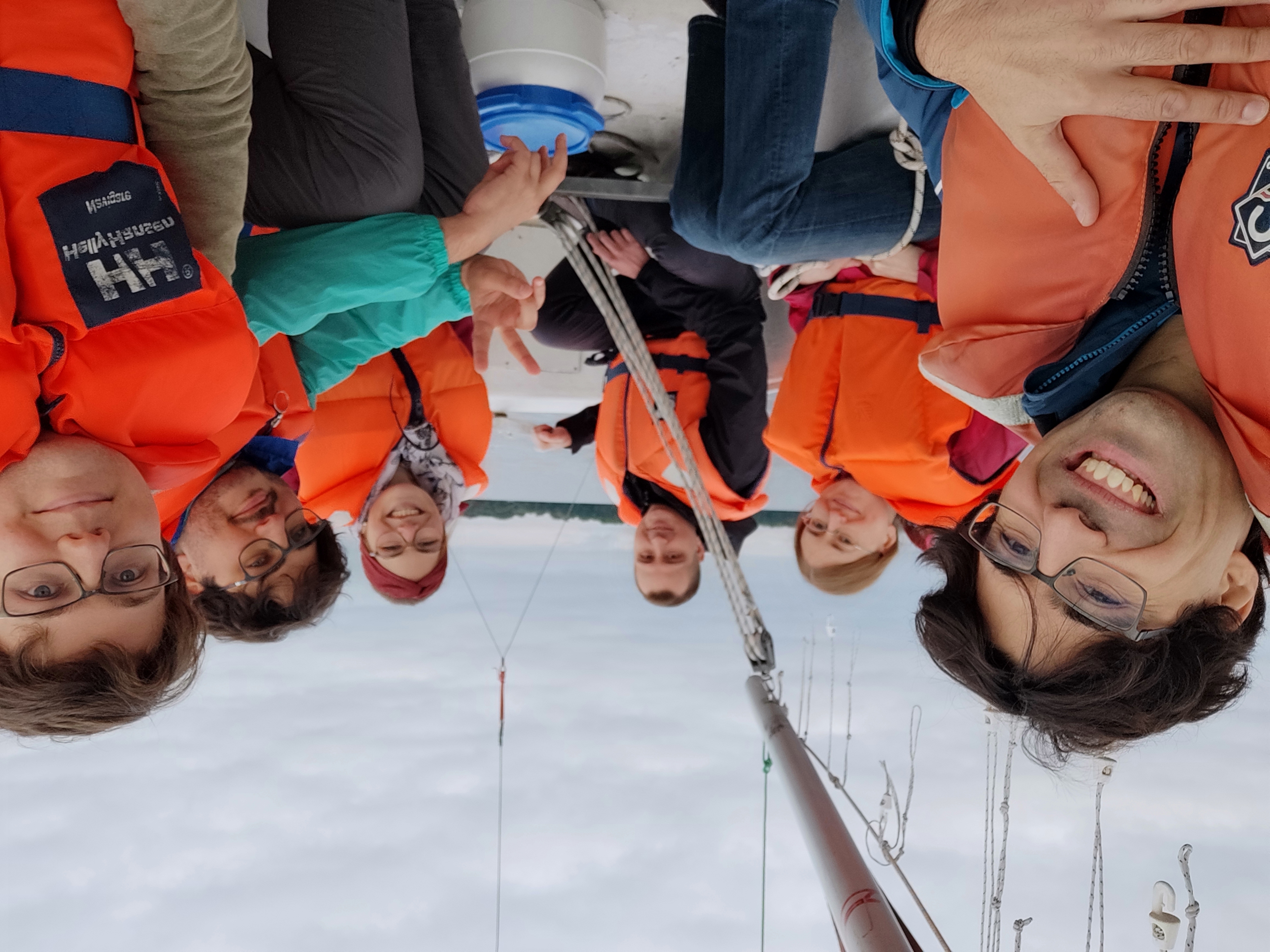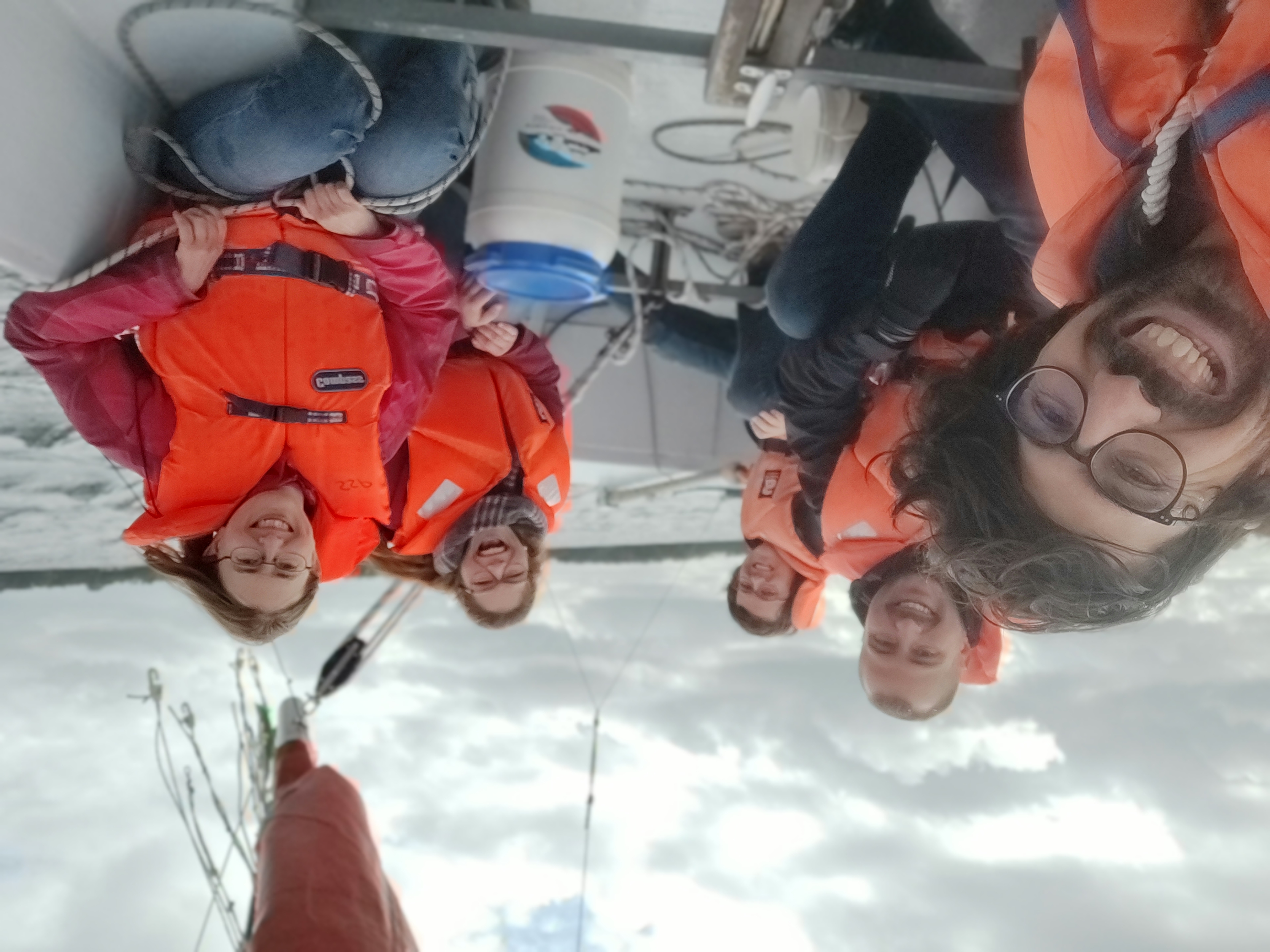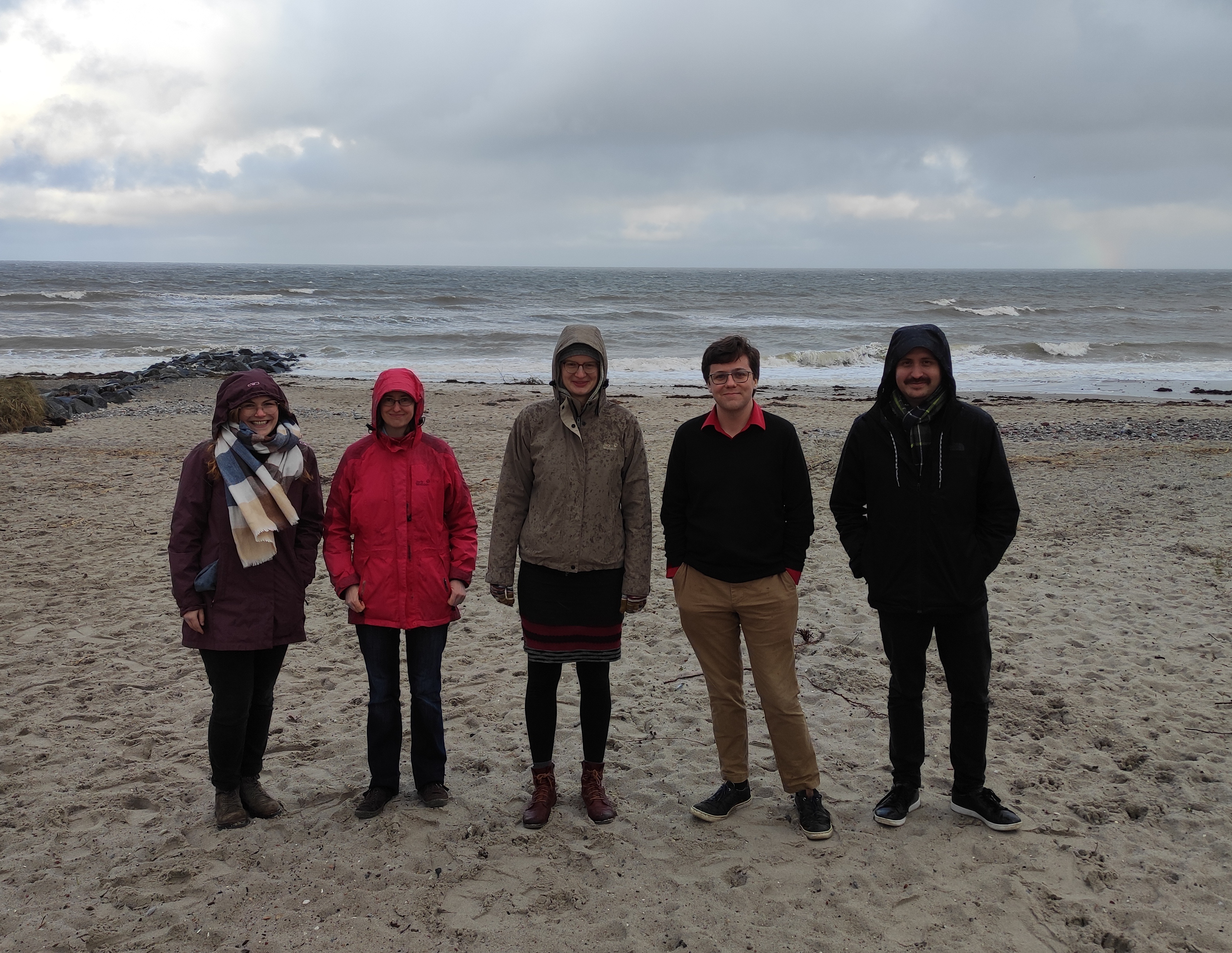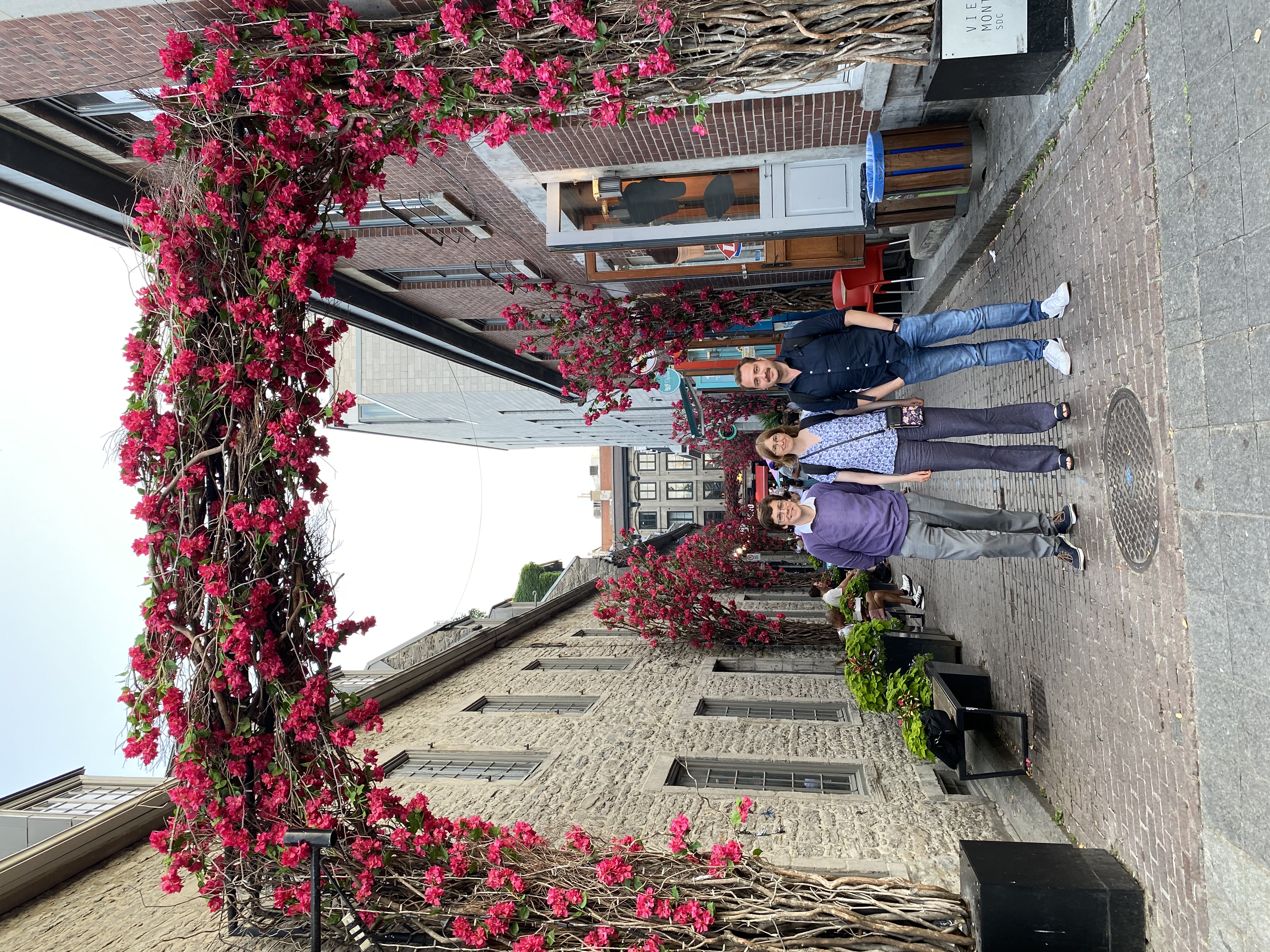


Our group works in mathematical evolutionary biology. The primary areas of our research are:
Random events play a major role in evolution. New genotypes are initially rare, and their fate is subject to strong stochasticity, making even the loss of beneficial mutations likely. We are interested in the establishment process of beneficial alleles in ecologically or genetically complex scenarios and the effect of this stochasticity on the evolutionary outcome. A lot of our analytical work is based on branching process theory.
(b) Eco-evolutionary dynamics & Evolutionary rescue
In traditional models of population genetics, evolutionary changes are assumed to occur slowly and on a different time scale than ecological alterations such that evolutionary and ecological processes can be decoupled. In scenarios where populations are confronted with harsh environmental change and either rapidly adapt or go extinct, evolution and ecology are necessarily intertwined, and models have to refrain from this assumption. We develop stochastic population genetics models of evolutionary rescue to determine the probability of population persistence following environmental change.
(c) Evolution of antibiotic resistance
The evolution of antibiotic resistance during treatment constitutes a prime example of (undesired) evolutionary rescue. Mathematical models can help to find treatment strategies that prevent or at least delay the emergence of resistant strains. We develop models at the within-host and between-host scales to determine the effect of various treatment parameters on the evolution of resistance. We are particularly interested in the role of plasmids in antibiotic resistance evolution.
Keywords: stochastic modeling, population genetics, evolutionary rescue, infectious disease dynamics,
microbial evolution, antimicrobial treatment strategies, plasmid-mediated resistance
Retreat 2020

 Sailing 2021
Sailing 2021
 Retreat 2021
Retreat 2021
 ESEB 2022
ESEB 2022

 Sailing 2022
Sailing 2022
 Retreat 2023
Retreat 2023
 Evolution meeting Montreal 2024
Evolution meeting Montreal 2024